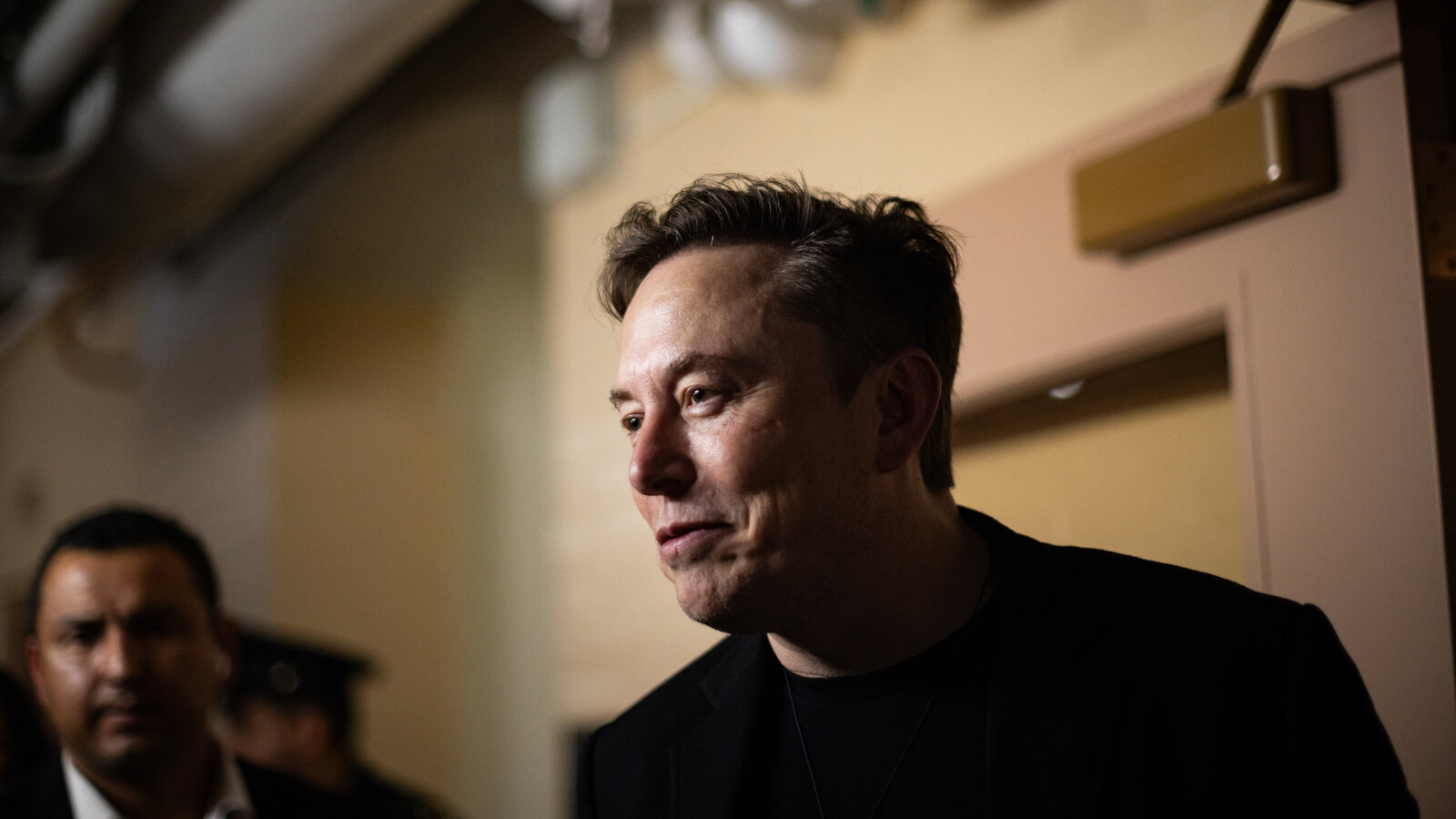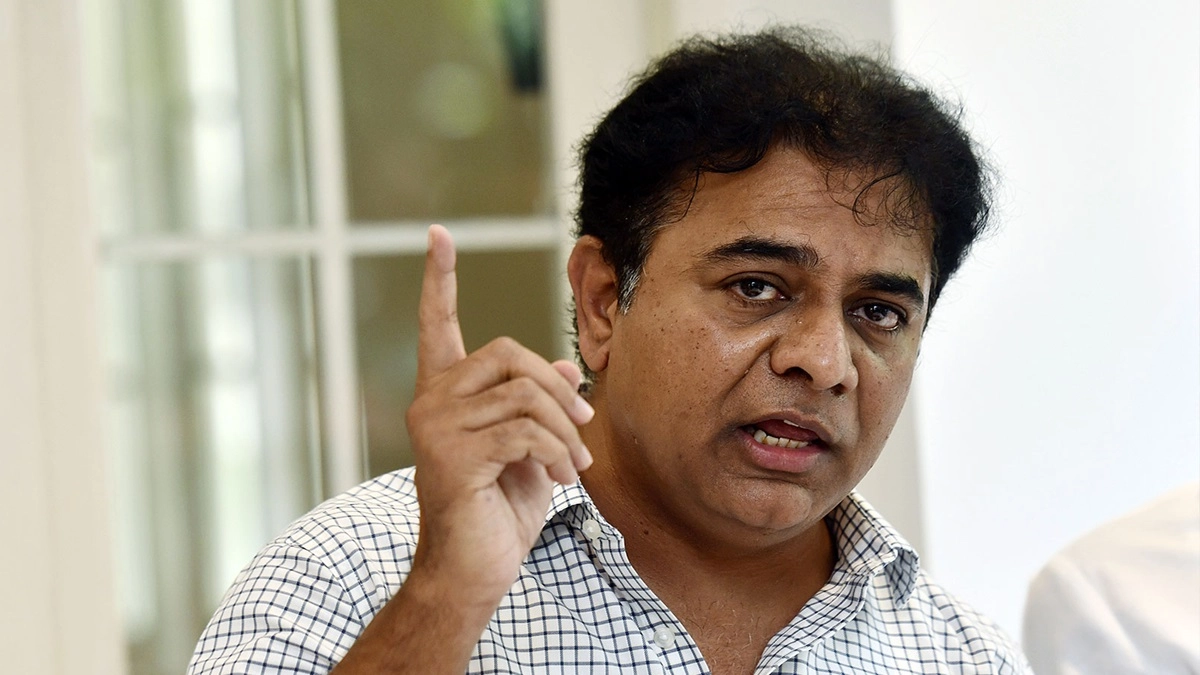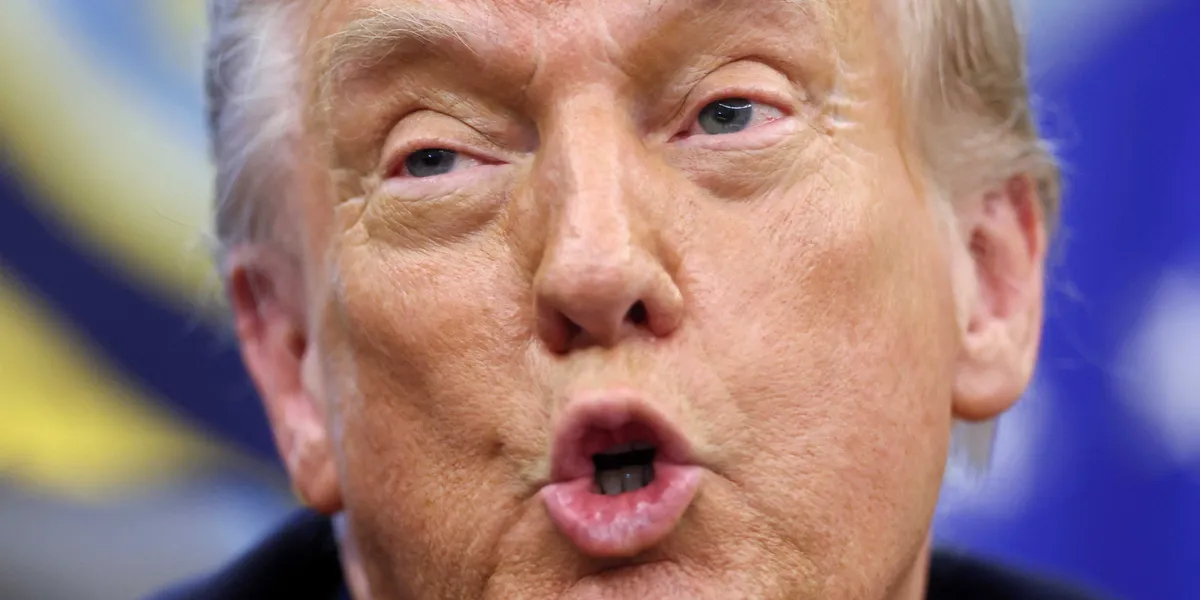Copyright nytimes

“This is not pay for performance. It is pay for unchecked power,” Thomas DiNapoli, the New York State comptroller, told reporters and investors on a recent conference call. Even Pope Leo XIV weighed in, saying in an interview with Crux, a Catholic news website, that Mr. Musk’s compensation was a symptom of the growing disparity between working people and the wealthy. The median Tesla worker earned around $57,000 in 2024, according to a company securities filing. The plan had been expected to pass. Roughly half a dozen similar — albeit much smaller — executive stock packages have been put to a shareholder vote at publicly traded U.S. companies in the past three years, according to the proxy solicitation firm Georgeson. All but one of them passed. Mr. Musk was allowed under state law in Texas, Tesla’s corporate residence, to vote his own shares. The executive owns about 15 percent of Tesla’s stock. His control could grow to almost 29 percent if he fulfills the terms of the pay plan, though he might have to sell some stock to pay taxes. Mr. Musk also probably had the support of many smaller investors who retained their stock despite slumping profits and car sales — and as Mr. Musk’s foray into politics in the last year, in support of Mr. Trump, alienated many people.



